The battle between Lewis Hamilton and Kevin Magnussen during the sprint race in Miami undeniably created fantastic drama - but questions of racing morals and stewarding efficiency have sprouted following the spat.
In a relentless pursuit to ensure Haas scored points in the sprint, Magnussen launched a staunch defence on Hamilton and allowed team-mate Nico Hulkenberg to secure two points in seventh place.
The value of such a result for a team like Haas, who is competing at the lower end of the pecking order, can’t be overstated.
But did the team game tactic go one step too far in Miami?
Viewed by others:
Earlier this year in Saudi Arabia, Magnussen deliberately backed off his pace to form a train, allowing Hulkenberg ahead to build a gap to pit inside the top 10 and remain in the points at the chequered flag.
Questions were raised over the ethics of such a strategy but the matter received little attention after the weekend had finished.
However, it is unlikely there will be a similar out-of-sight, out-of-mind reaction to Magnussen's driving in Miami.
Such was the aggressiveness of Magnussen's defensive manoeuvres, the Dane tallied 35 seconds worth of time penalties while his penalty point count tipped over to eight for the last 12-month period.
While Magnussen has fashioned a reputation during his F1 career as being one of the most combative wheel-to-wheel drivers on the grid, even he was not oblivious to his questionable moves, insisting “all the penalties were well-deserved”.
Andrea Stella, whose McLaren team was unaffected by Magnussen's driving, dished out his own criticism of the situation and the way penalties were applied.
Stella suggested that penalties should be exponential rather than cumulative, and even the stewards called for change when they investigated Magnussen for unsportsmanlike behaviour after the race.
The call for a new approach to enforcing penalties is logical, especially when one considers the irreparable damage that could so easily have been inflicted on Hamilton's race.
Any change to the way penalties are dished out would not be done so to discourage racing, but instead to stamp out the exploitation of a rule that could have disastrous consequences.
This is not a Haas problem, or a Magnussen problem - any such team in a similar position, particularly those at the lower end of the pecking order, are likely to employ such tactics should the situation arise.
There was little intent for Magnussen to have a fair battle with Hamilton, as the primary aim was to slow up the Mercedes driver by any means necessary.
On this occasion, contact was avoided. Going forward in a repeat of the situation, that may not be the case.
While collisions on the race track between two drivers are not strange occurrences, a clash sprouting from purposely reckless driving would be a terrible situation for F1.
With Magnussen avoiding a further penalty for unsportsmanlike behaviour, rival teams could look to deploy a similar tactic.
Historically, F1 teams have pushed the rules to the very edge in every area they can, spanning from the technical aspect to the sporting side.
It seems that change is already afoot as the stewards commented on Saturday evening that they would need to consider going forward if penalties applied for each infringement "need to be increased to discourage scenarios as those we found today.”
Should that penalty increase come, it would surely be through something stronger than a stricter time loss, as a driver's race is often effectively ruined from the first punishment.
Harsher penalty points or significant grid penalties for continued recklessness, as was on display by Magnussen in a bid to aid his team-mate, could help to shift the thought process behind team tactics.
Otherwise, F1 risks one day having a sizeable accident on its hands as a result of setting a lenient precedent.
Don't miss out on any of the Formula 1 action thanks to this handy 2026 F1 calendar that can be easily loaded into your smartphone or PC.
Download the calenderMost read
In this article
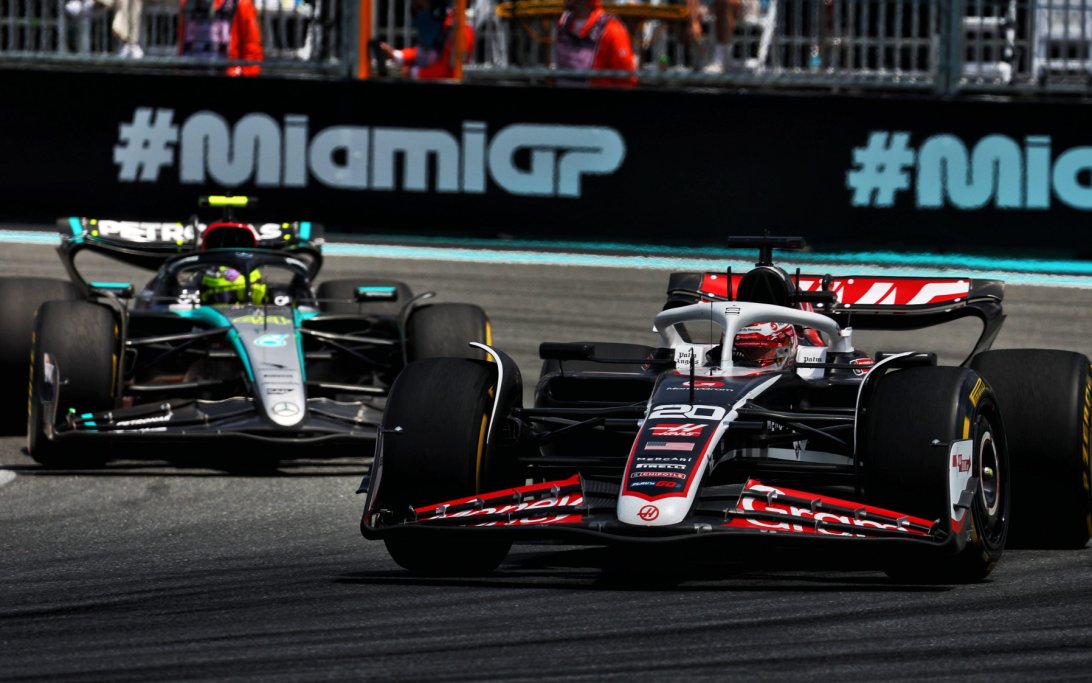
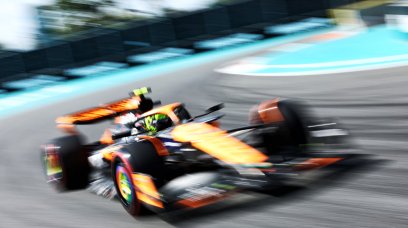
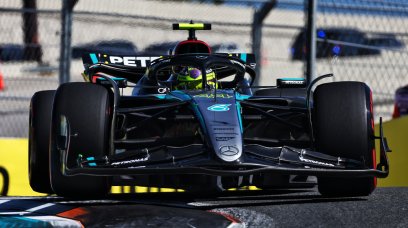
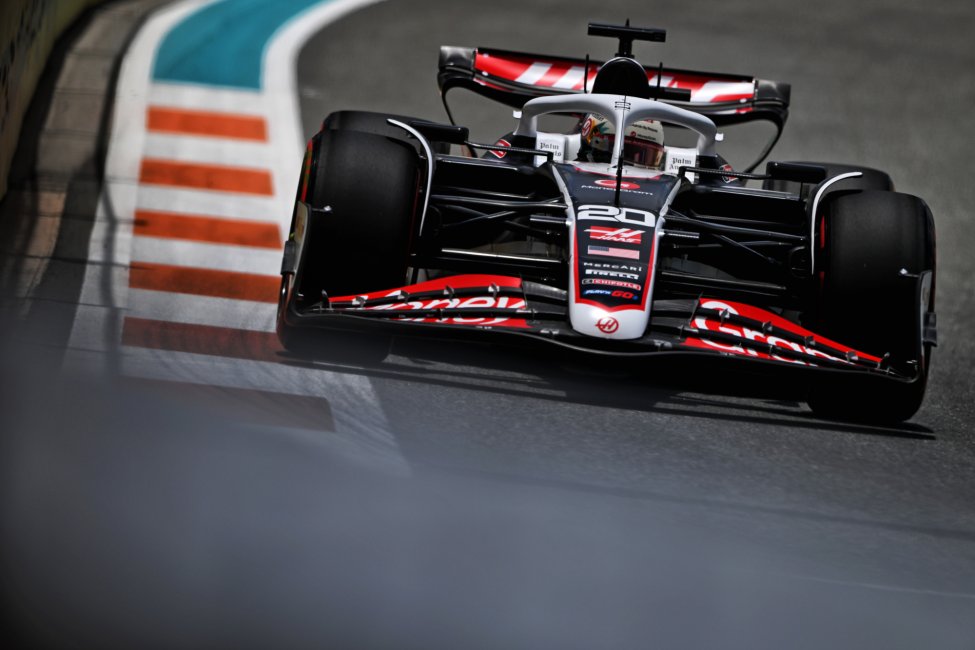

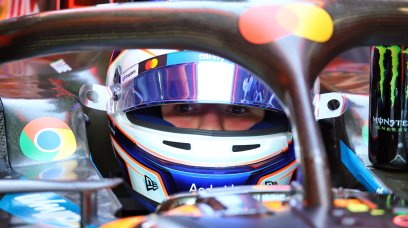

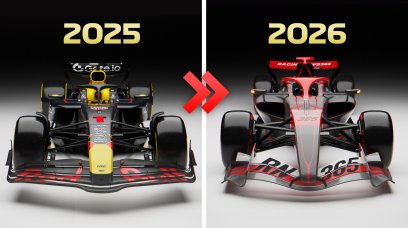
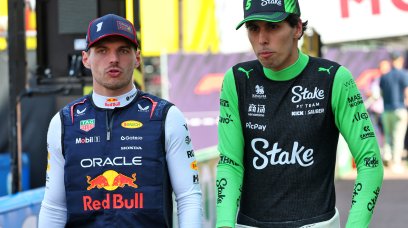
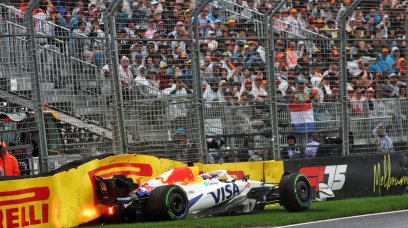
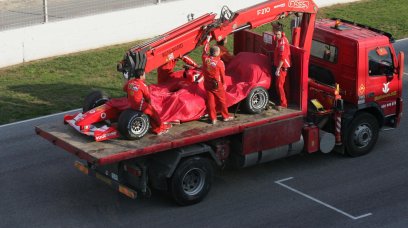
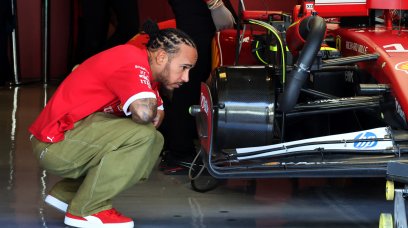
Join the conversation!